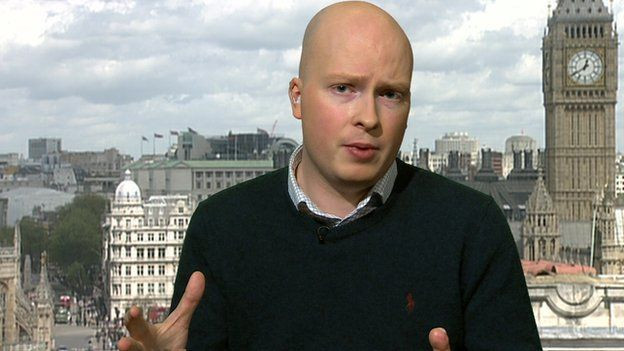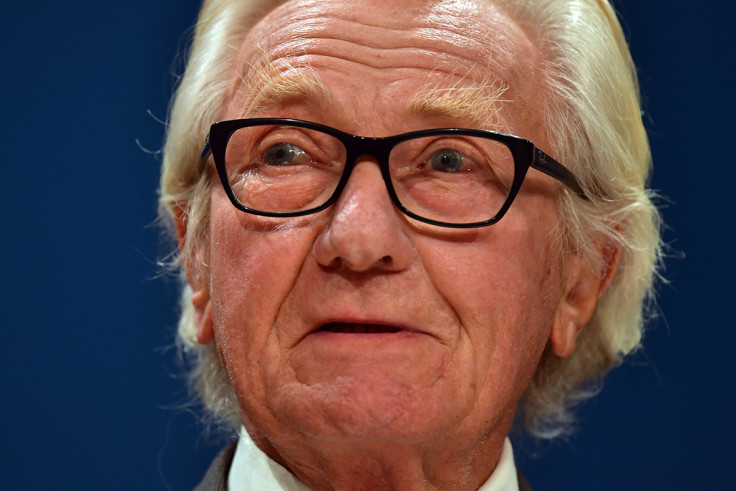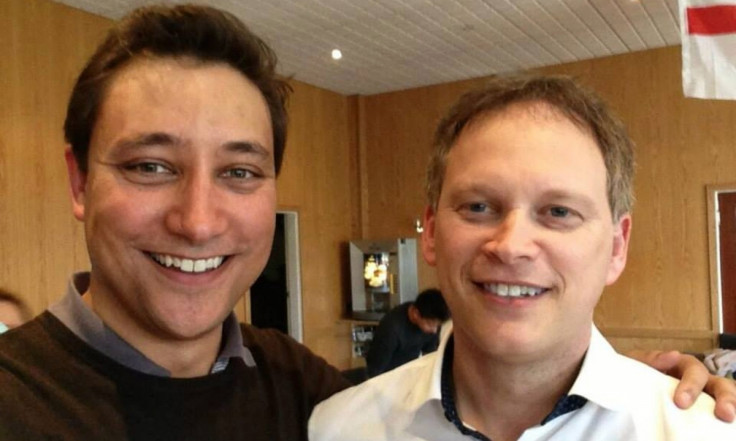The Bow Group: How Britain's oldest conservative think tank became aligned with the populist right
In recent years there has been controversy over the group's backing of Ukip.

On Thursday, IBTimes UK reported that a controversial right-wing group which has advocated the repatriation of black people was invited to the anniversary celebrations of one of Britain's most prestigious conservative think tanks, the Bow Group. Below, we take a closer look at the history of the think-tank.
What is the Bow Group?
Founded in 1951, the Bow Group is Britain's oldest Conservative think tank, and describes its mission as being to "provide an intellectual home to conservatives in the United Kingdom."
It was formed by students who wished to continue discussing Conservative ideology and policy after university, and originally met in Bow, east London.
It counts as its former chairmen some of the most illustrious names in the Conservative Party, including Geoffrey Howe, chancellor to Margaret Thatcher, former Home Secretary Michael Howard and former chancellor Norman Lamont.
In the 1960s, the group was associated with the liberal wing of the Conservative Party, and supported decolonisation and backed the independence of Kenya.
Its stance and perceived closeness to Harold MacMillan's Tory government drew criticism from the right of the party, with conservative columnist TE Utley declaring the group "hardly to be distinguished from radical liberalism and sometimes even from socialism."

Though not strongly associated with the economic liberalism that defined the Thatcher years, the group continued to play a key role in the British conservative movement, appointing former Prime Minister John Major its president on its 60th anniversary in 2012.
Why has the Bow Group been criticised?
Current chairman Ben Harris-Quinney has been a vociferous critic of conservative policy, and in 2014 the Conservative Party sent a letter to him warning him to stop "passing off" himself and his Conservatives Grassroots Ltd organisation as having official links to the party.
Harris-Quinney hit back, alleging that he had been the victim of a smear campaign by the party after he warned in 2014 of the danger of giving 'Tatler Tory' Mark Clarke authority over party youth activist programmes. Clarke allegedly bullied and threatened Tory activist Eliot Johnson, who committed suicide the following year –Clarke vociferously denied any suggestions of bullying.

There was further controversy in 2015, when Harris-Quinney said voters should back Ukip in key target seats.
It led senior Bow Group patrons including Michael Heseltine, Michael Howard and Norman Lamont to write a strongly worded criticism of the endorsement, and Harris-Quinney was branded a 'Walter Mitty figure' in a bruising interview with the Daily Politics' Andrew Neil, who questioned his credentials.
In a letter to the BBC Trust, Harris-Quinney alleged that the interview had been part of a Conservative plot to "silence my voice and publicly defame my character."
Harris-Quinney has built ties with organisations on the right of the conservative movement, writing for populist right news outlet Breitbart, backing Brexit, and declaring his support for US President Donald Trump.
The Bow Group looks forward to welcoming @realDonaldTrump to the United Kingdom.
— Bow Group (@bowgroup) January 30, 2017
Delighted to have a President who believes in Great Britain
The Traditional Britain Group is staunchly anti-immigrant, and has invited Richard Spencer to its conferences, a key alt-right ideologue who has vociferously supported Trump.
"A revolution is sweeping across the world. Centrism is dead, and full bloodied conservatism is back," proclaimed Harris-Quinney in a recent speech, declaring his support for the populist movements whose power is growing across the west.
© Copyright IBTimes 2025. All rights reserved.






















